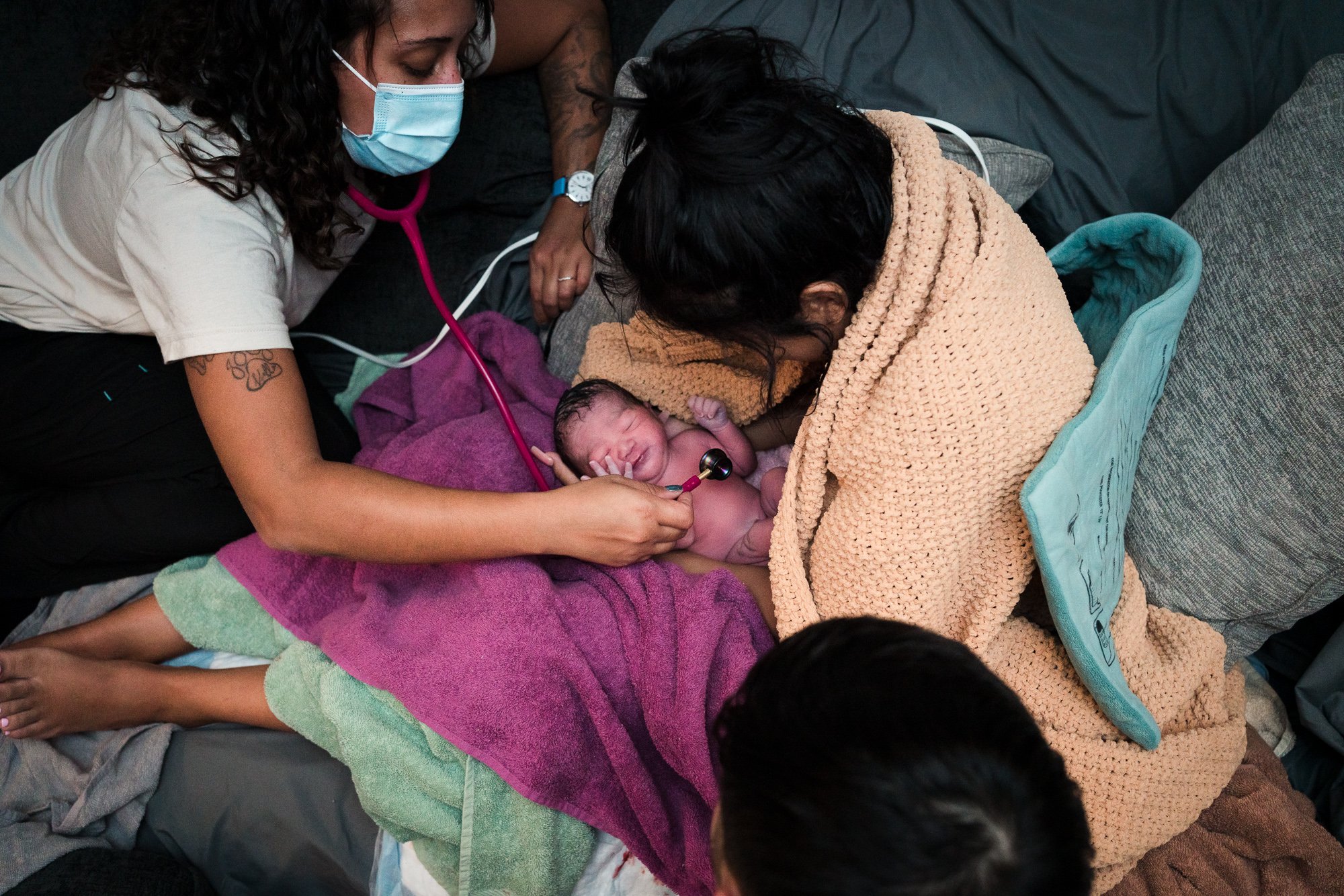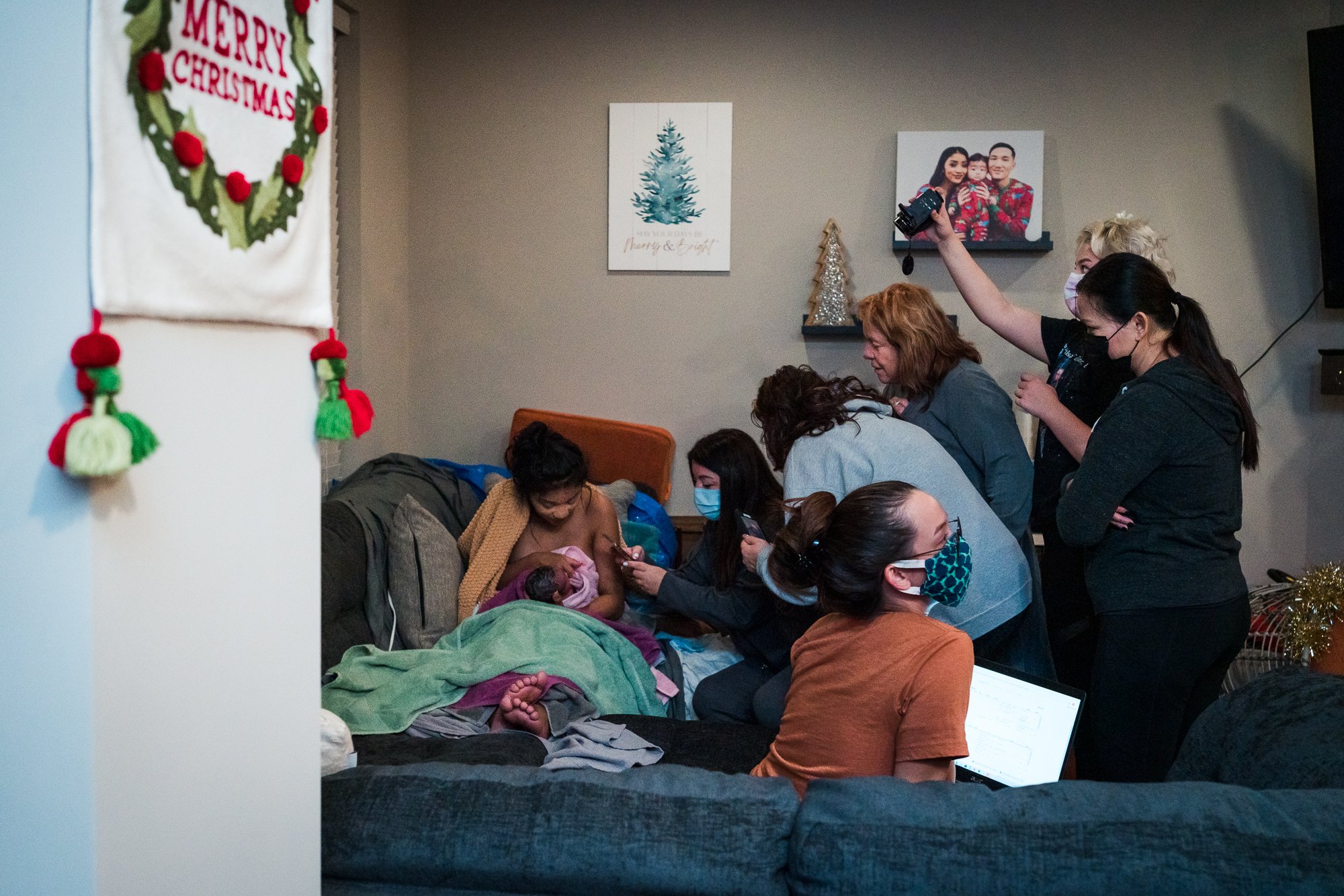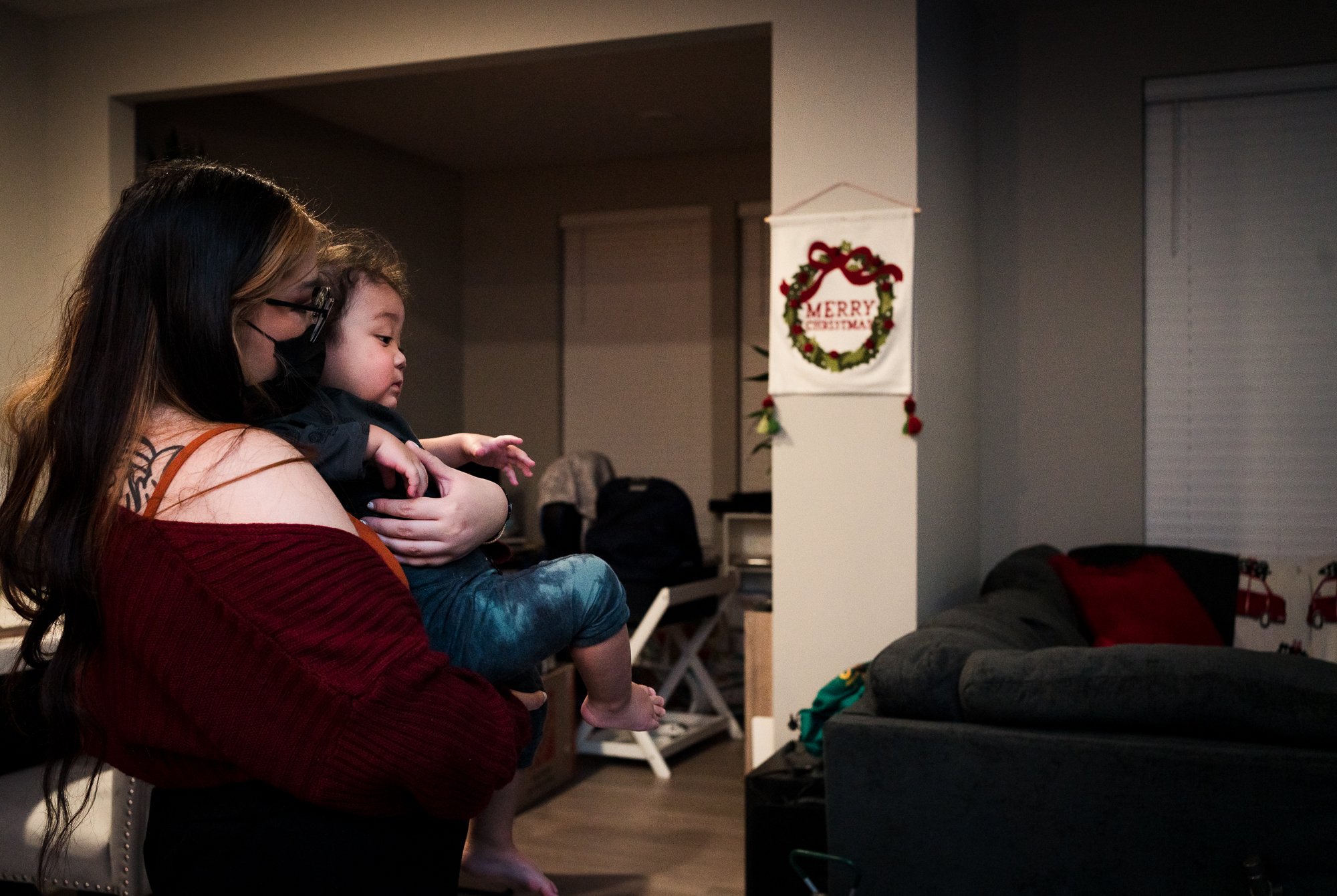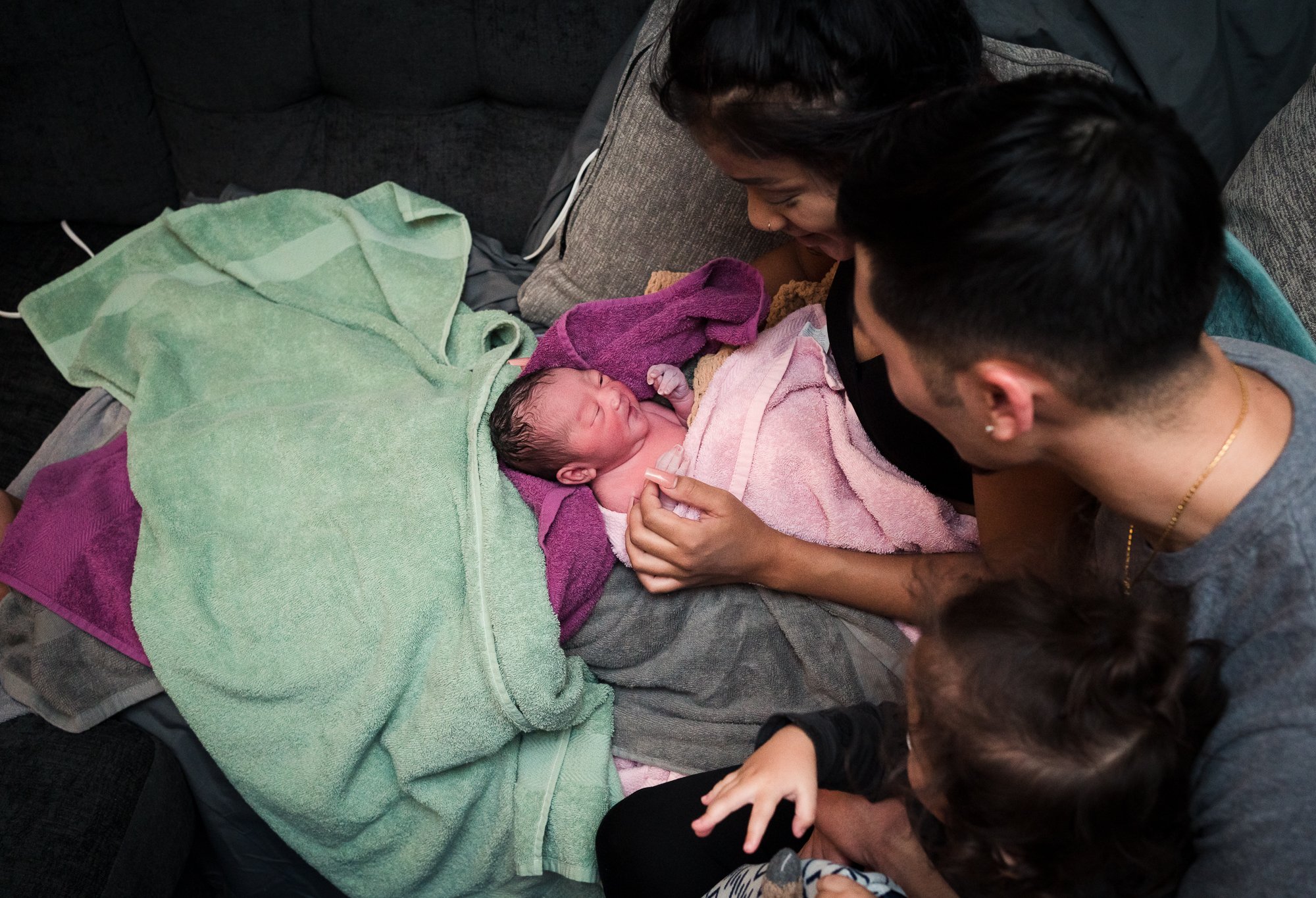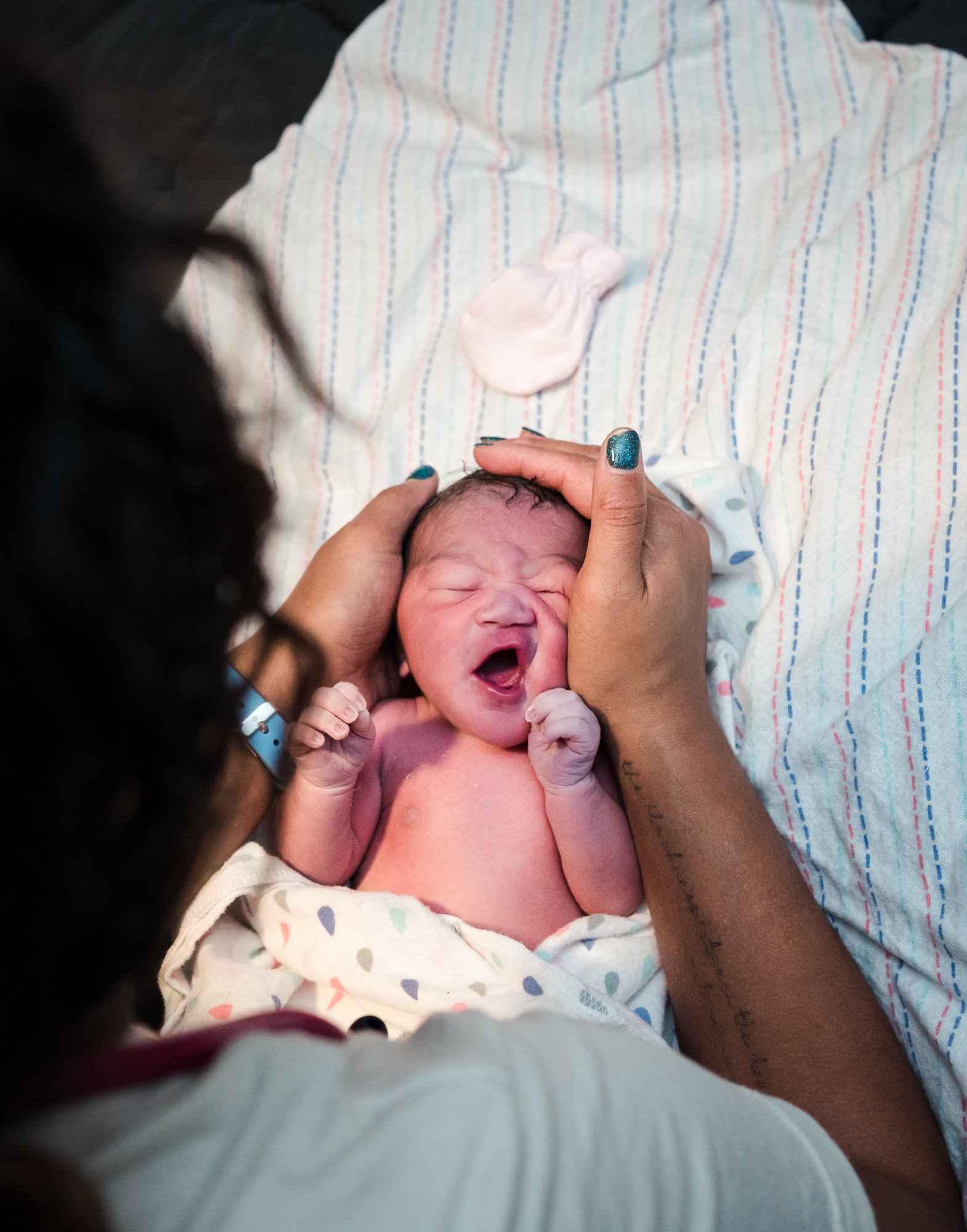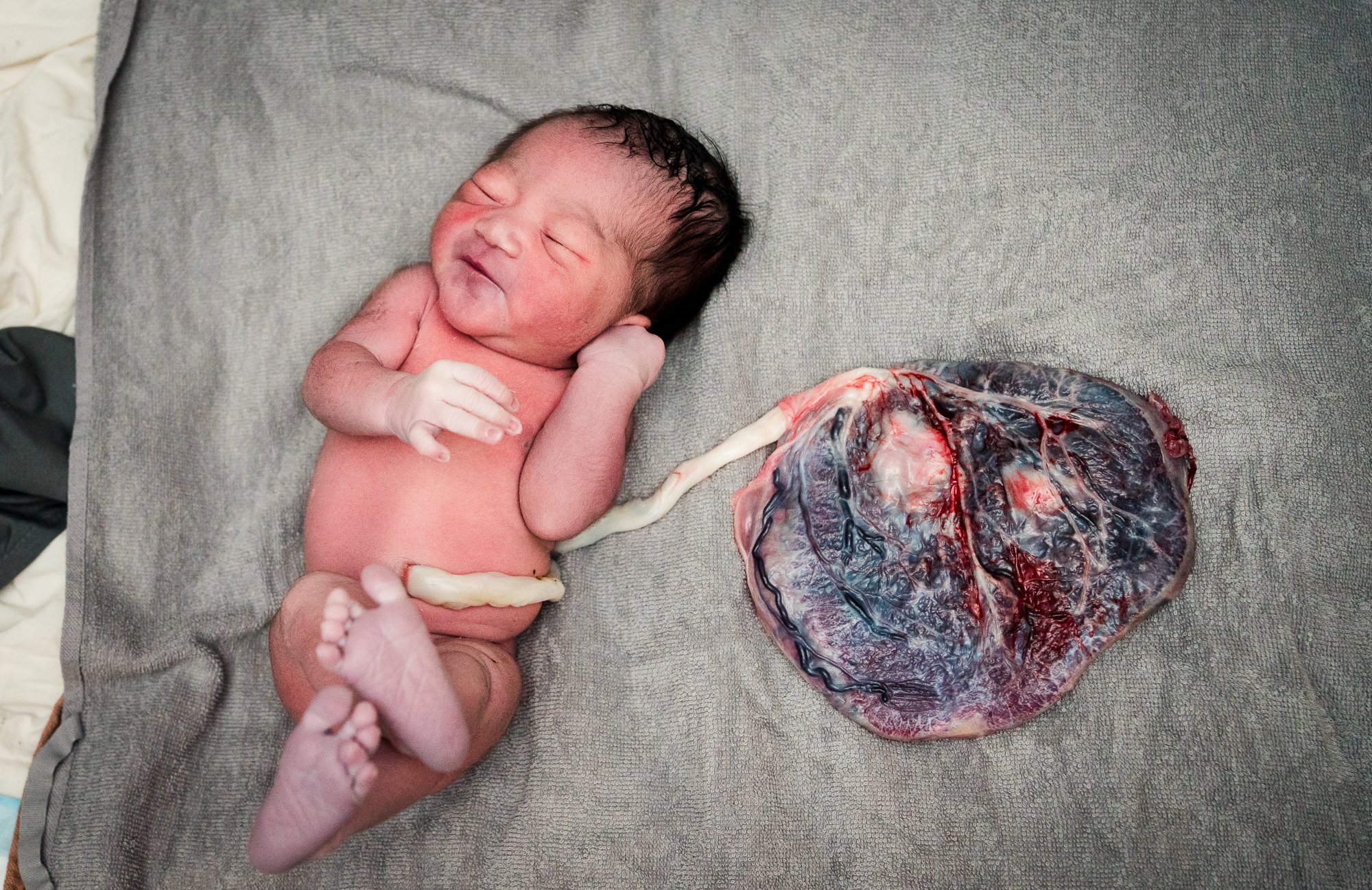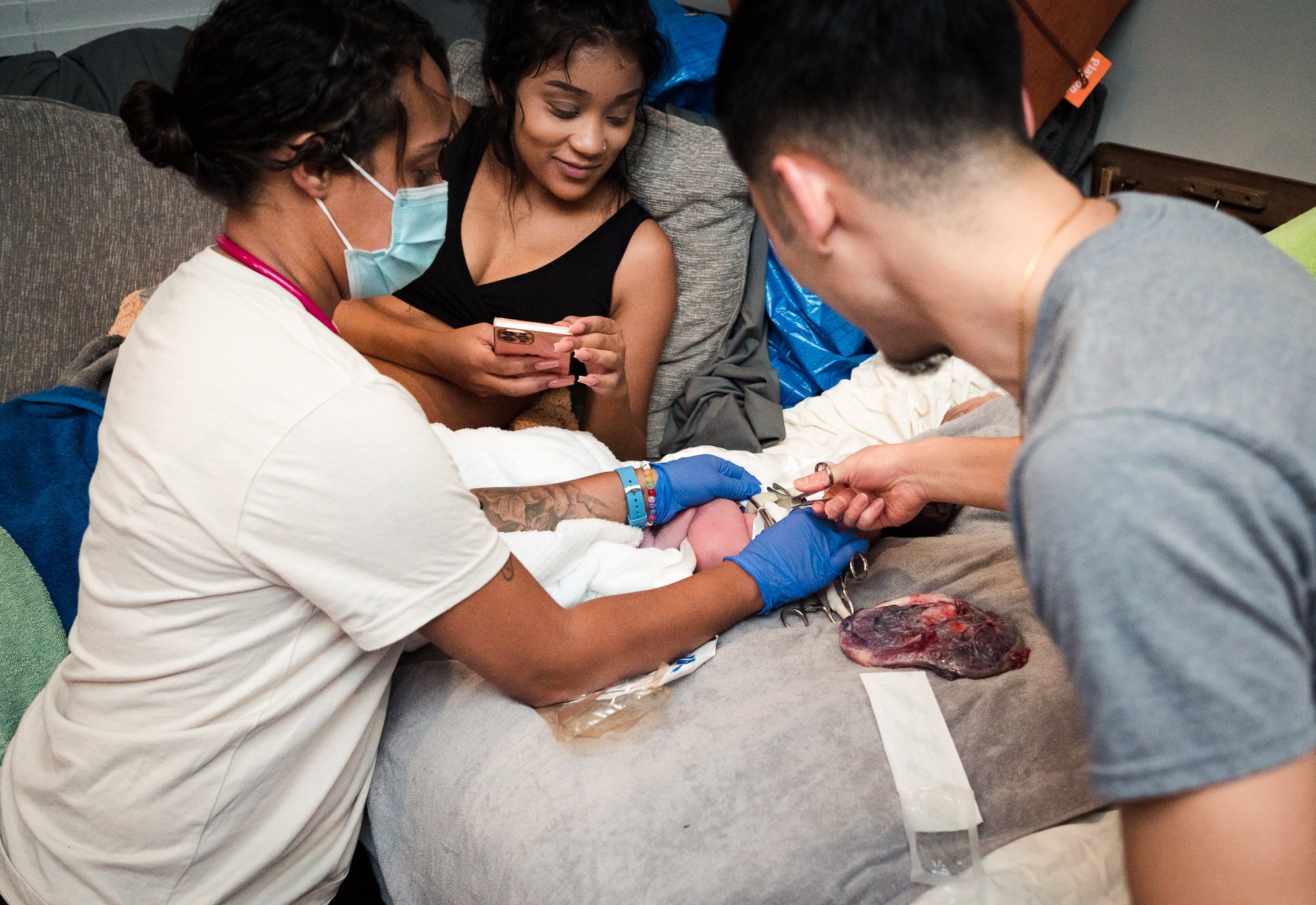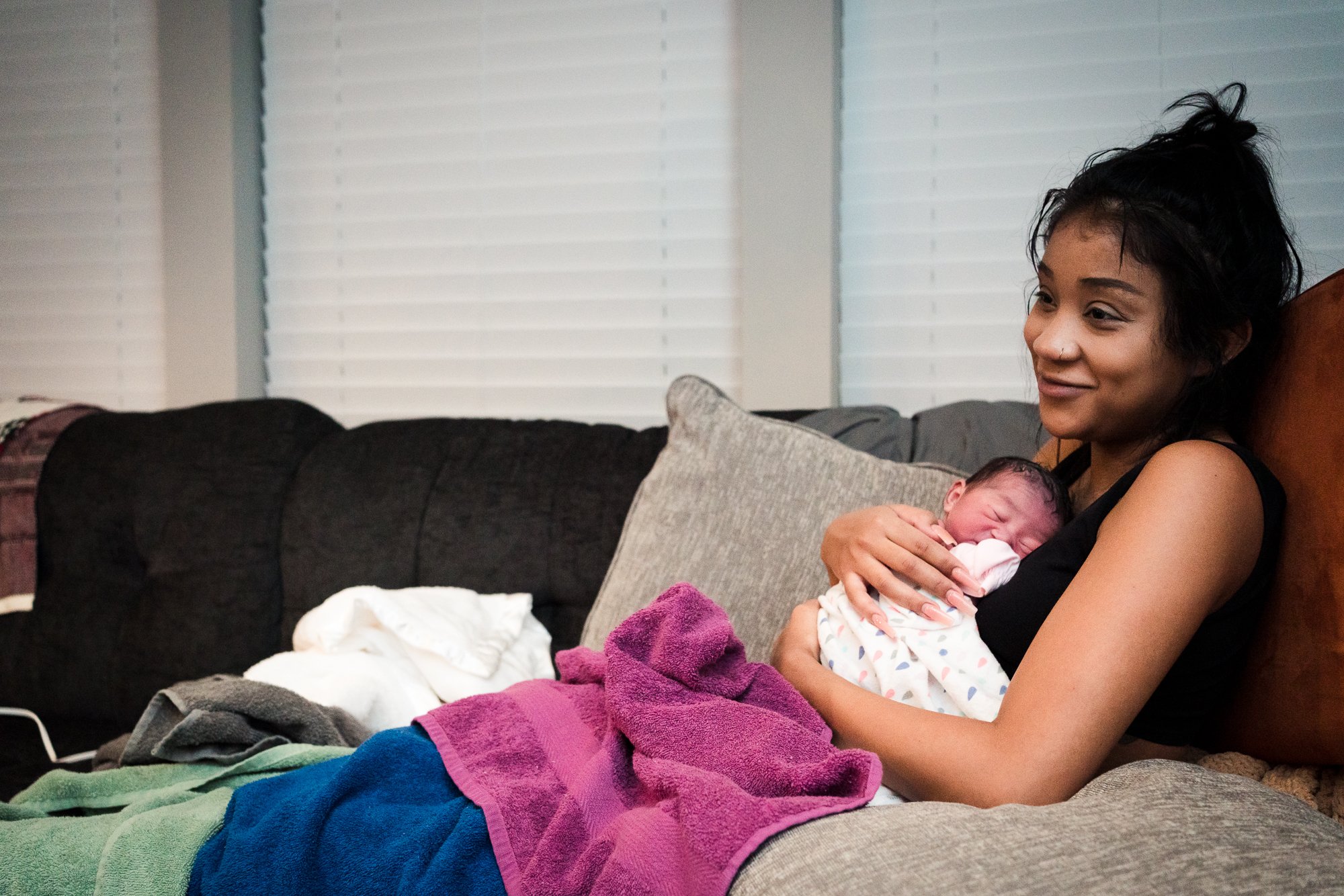Cradled by Family in the Midst of Rapid Labor: The Challenging Path to Welcoming a Cherished Newborn
During childbirth, having a supportive presence can greatly enhance the experience for the expectant mother. This support comes in the form of a labor support specialist, commonly known as a doula. The doula’s primary role is to provide assistance that helps the mother feel comfortable, navigate the birthing process, and stay informed about her care. This essential figure not only reassures the mother that what she is experiencing is normal and healthy but also provides valuable information to guide her decisions.
The labor support specialist, or doula, is not just limited to aiding the mother. They often extend their assistance to the partner and other individuals present in the room. Their purpose is to create a supportive environment that fosters a positive birthing experience.
The question arises: Who can offer support during labor and childbirth? Research indicates that the presence of a doula or dedicated labor support specialist who offers continuous support yields the most benefits. Besides doulas, other sources of support include the partner, clinical caregivers, as well as friends and family members.
When preparing for labor and birth, consider having one or more of the following individuals by your side:
Trained Labor Support Specialist or Doula: Commonly referred to as a doula, this professional plays a pivotal role in ensuring your health and safety during labor and childbirth. The doula’s training and experience make them adept at providing assistance tailored to your needs.
Partner or Spouse: While some partners might feel apprehensive about being present during labor, many find the experience rewarding. Providing comfort and aid during labor is a deeply fulfilling role, and witnessing the birth of a child is a significant life event.
Clinical Caregiver: Often a nurse, midwife, or doctor, the clinical caregiver is a critical source of medical guidance and support throughout the labor process.
What is the experience of working with a doula like?
A doula remains with you throughout the labor process, offering a consistent presence and support. Before labor begins, a doula typically meets with you to understand your preferences, priorities, and concerns. They continue to provide assistance until about an hour after the birth, helping with breastfeeding initiation and ensuring a smooth transition.
In addition to their support during labor, most doulas are available both before labor and in the days following childbirth. They offer information, reassurance, non-medical advice, and referrals when needed.
Some benefits of working with a doula include:
Continuous physical proximity and comfort measures such as massage and handholding.
Emotional support through reassurance, encouragement, and honest praise.
Suggestions to enhance labor progress and alleviate discomfort.
Interpretation of medical information and assistance in communicating your needs to hospital staff.
Support for your partner, ensuring their needs are met as well.
Contrary to concerns about privacy and intimacy, doulas can actually create a more intimate atmosphere within a busy hospital setting, ensuring a comfortable and private birthing experience.
In conclusion, labor support specialists, or doulas, play a vital role in providing physical, emotional, and informational assistance to expectant mothers during labor and childbirth. Their presence enhances the overall birthing experience and contributes to the well-being of both the mother and her support network.
Hits: 7
